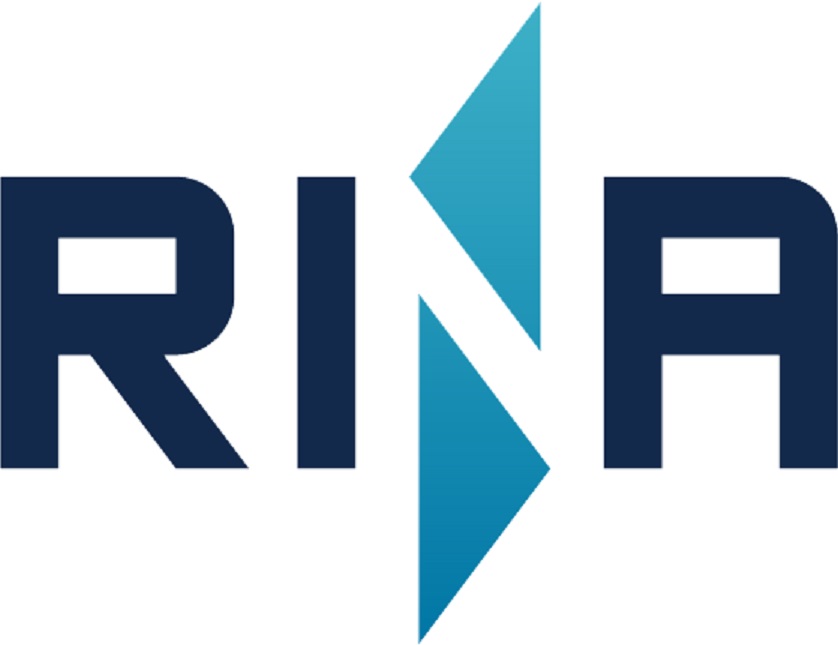www.industry-asia-pacific.com
17
'19
Written on Modified on
Recycling aluminium for high-tech products
Research in materials science and engineering has shifted towards the study and application of innovative processes.

Key among these are powder-based processes. Taking advantage of additive manufacturing techniques, for example, powder metallurgy supports the production of components for high-tech industrial sectors such as aerospace and automotive. The main goal in this context is to lighten the components without reducing their mechanical performance.
For this reason, new aluminium powders are being developed for additive manufacturing processes. In parallel, other areas of manufacturing such as steel processing are seeking quality and process improvements, for example by using aluminium powders as alternative killing agents in stainless steel production or for the development of refractories.
The starting point of these metallic powders is generally a high-purity metal or alloy. This is then melted and atomised within enclosures consisting of gas or plasma atomisers to obtain the desired product.
The price of manufactured products is linked to two main parameters: manufacturing/processing techniques and raw material. It is important to remember that natural resources are not inexhaustible. In response to increasing demand for aluminium in many sectors, global and regional policies are promoting aluminium recycling.
This provides many environmental, economic and social benefits. It saves energy, time, money and precious natural resources. It generates jobs and helps to pay for community services that make life better for millions of people.
RINA’s ambition is to explore alternative sources to produce aluminium powder for use in additive manufacturing and other industrial technologies, as well as steel processing. The end product should be suitable for use in high-tech sectors, given that demand for aluminium in these fields is growing by an average of 5–7 percent annually.
In the course of this research, carried out in RINA laboratories, RINA will reuse aluminium from urban mining and especially from packaging waste and scrap. A special melting process will enable organic material, including food waste and other residues, to be converted to energy sources for the process.
The resulting powders will then be analysed and tested against those typically used in additive manufacturing and steel processing. A comparison will be drawn up between the performance of the new powders and those currently available on the market and produced from pure aluminium.
The expected result at the end of this research project is a new aluminium alloy extracted from scrap. It will be able to be used for raw material powders in conventional industrial fields as well as for high-tech, high-value products produced through additive manufacturing.
www.rina.com

